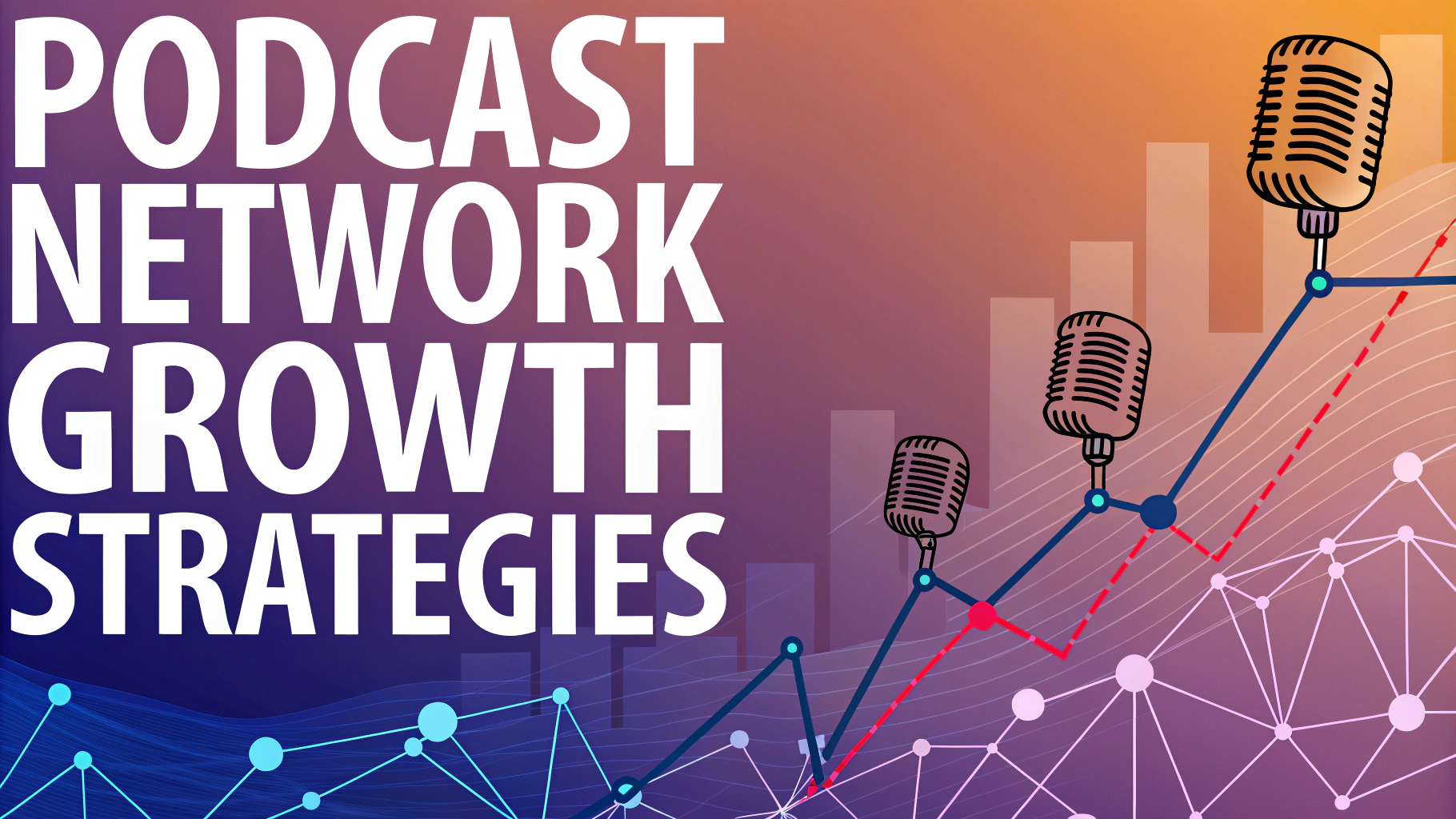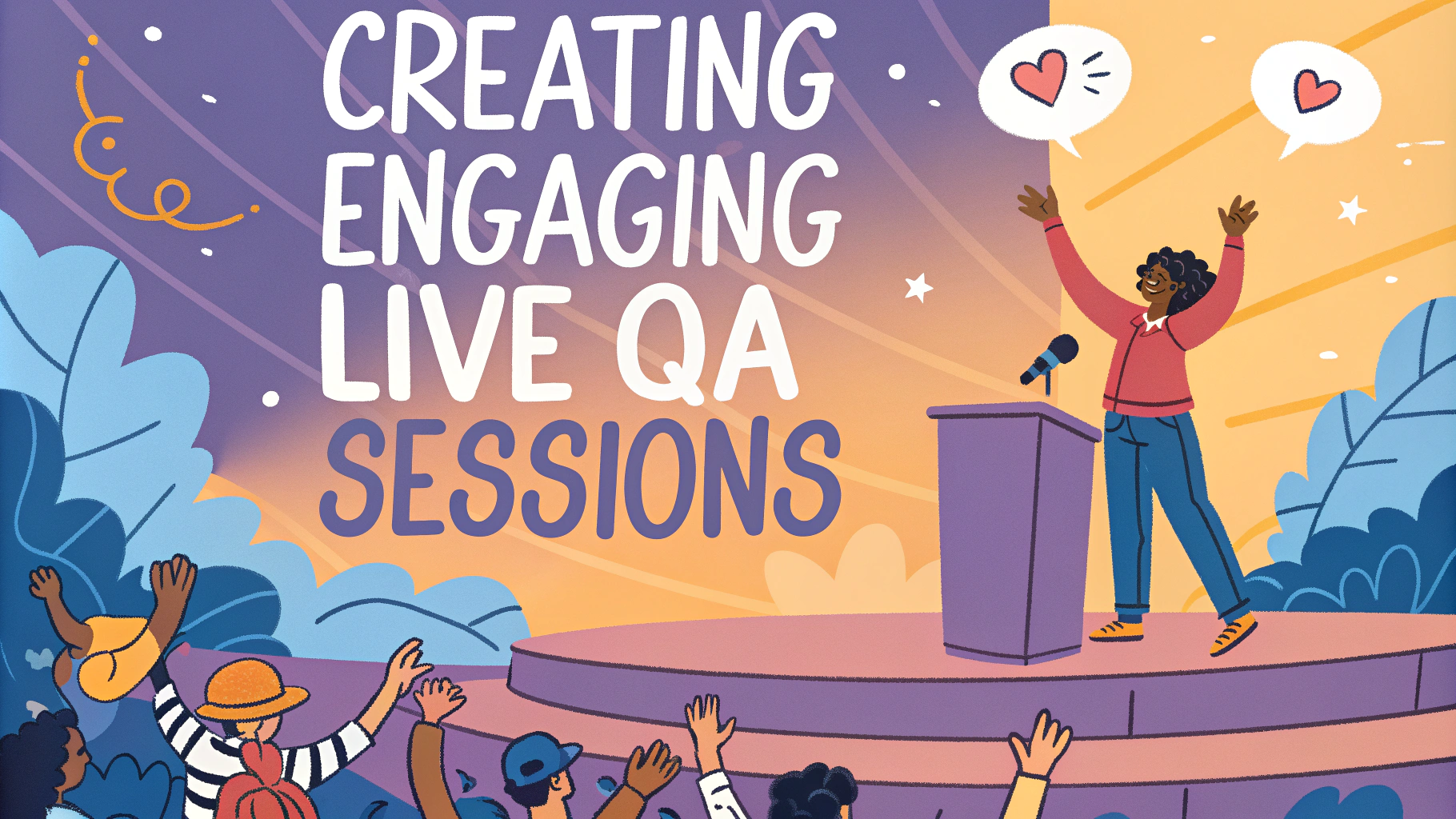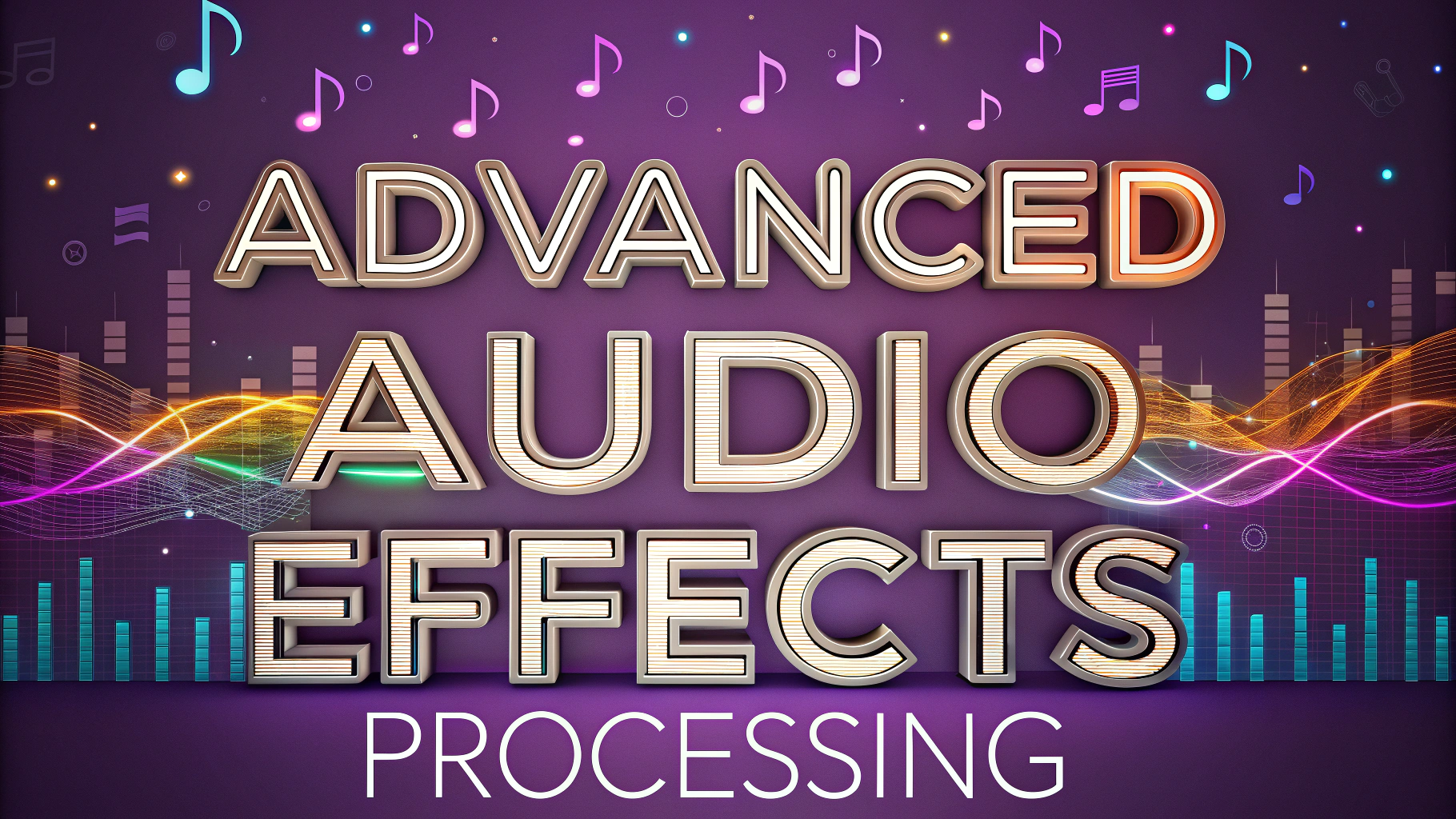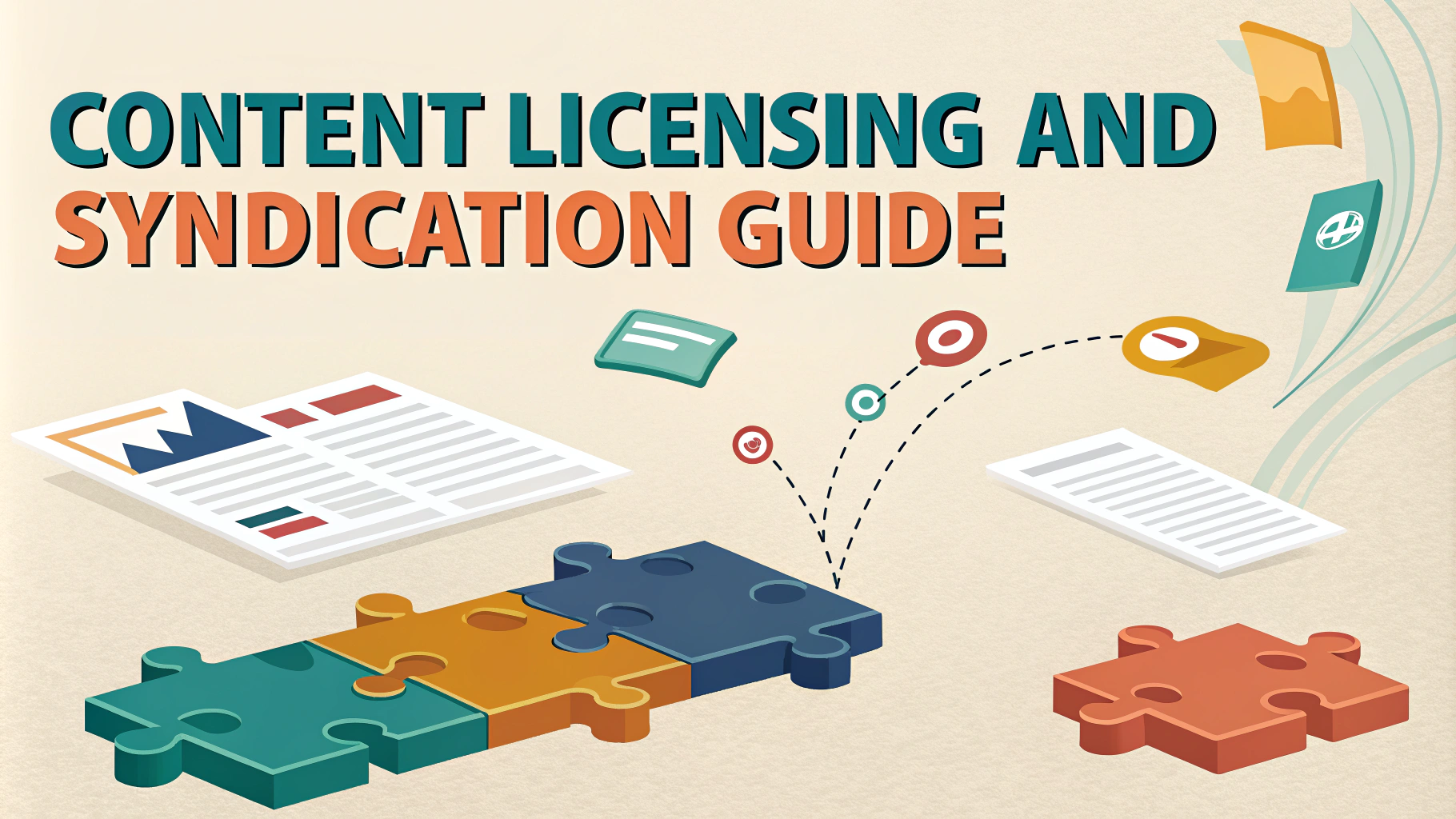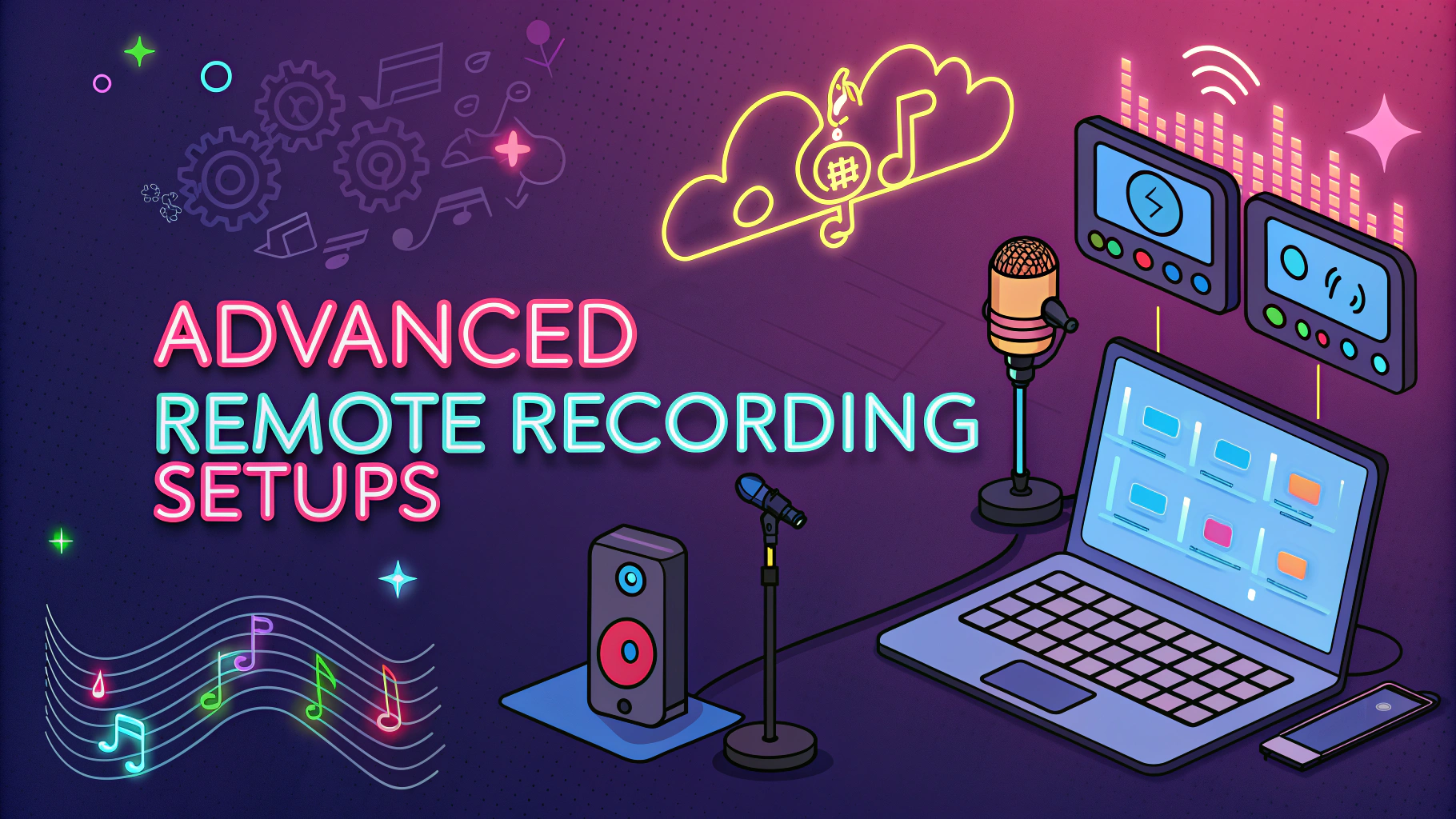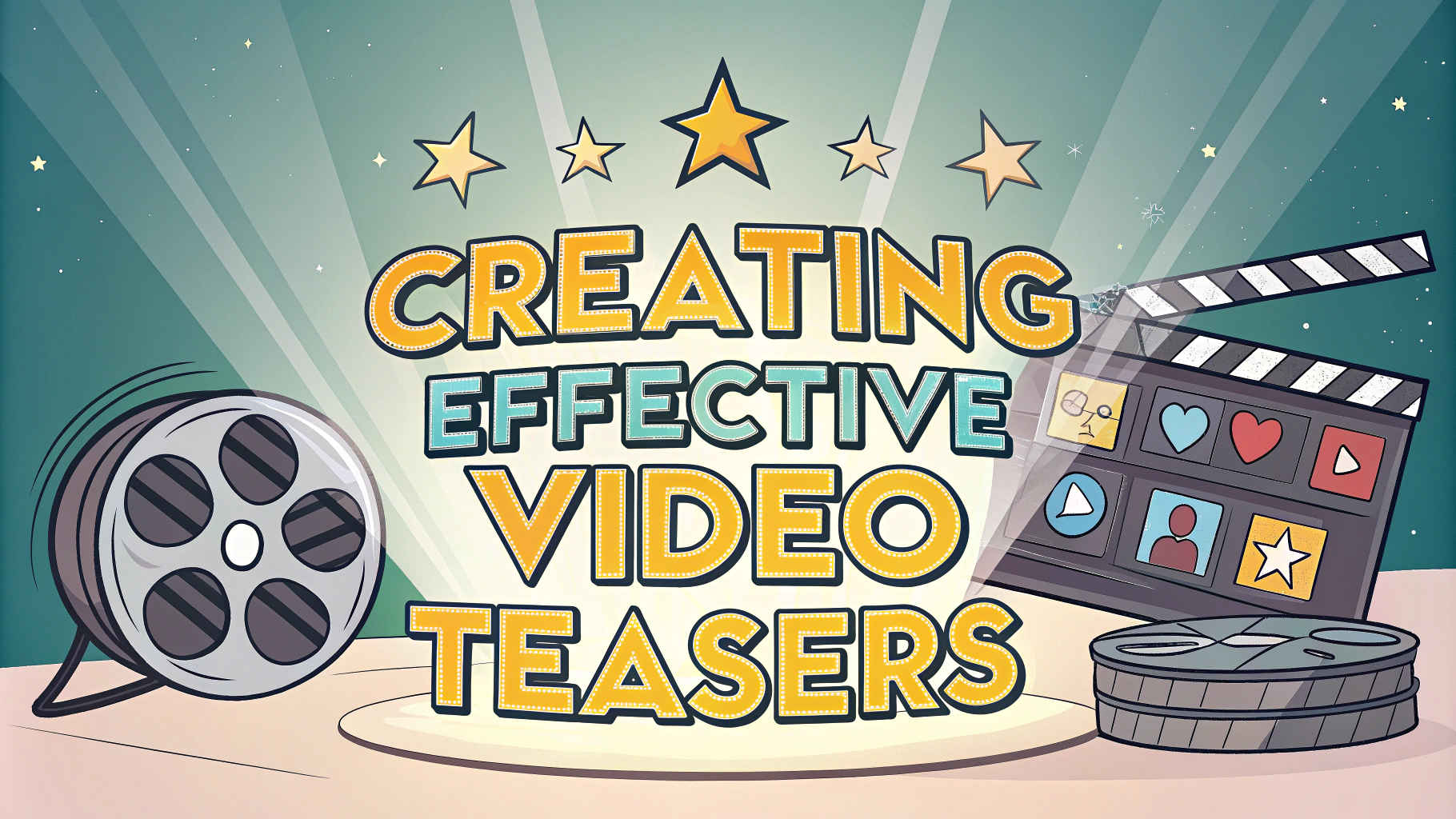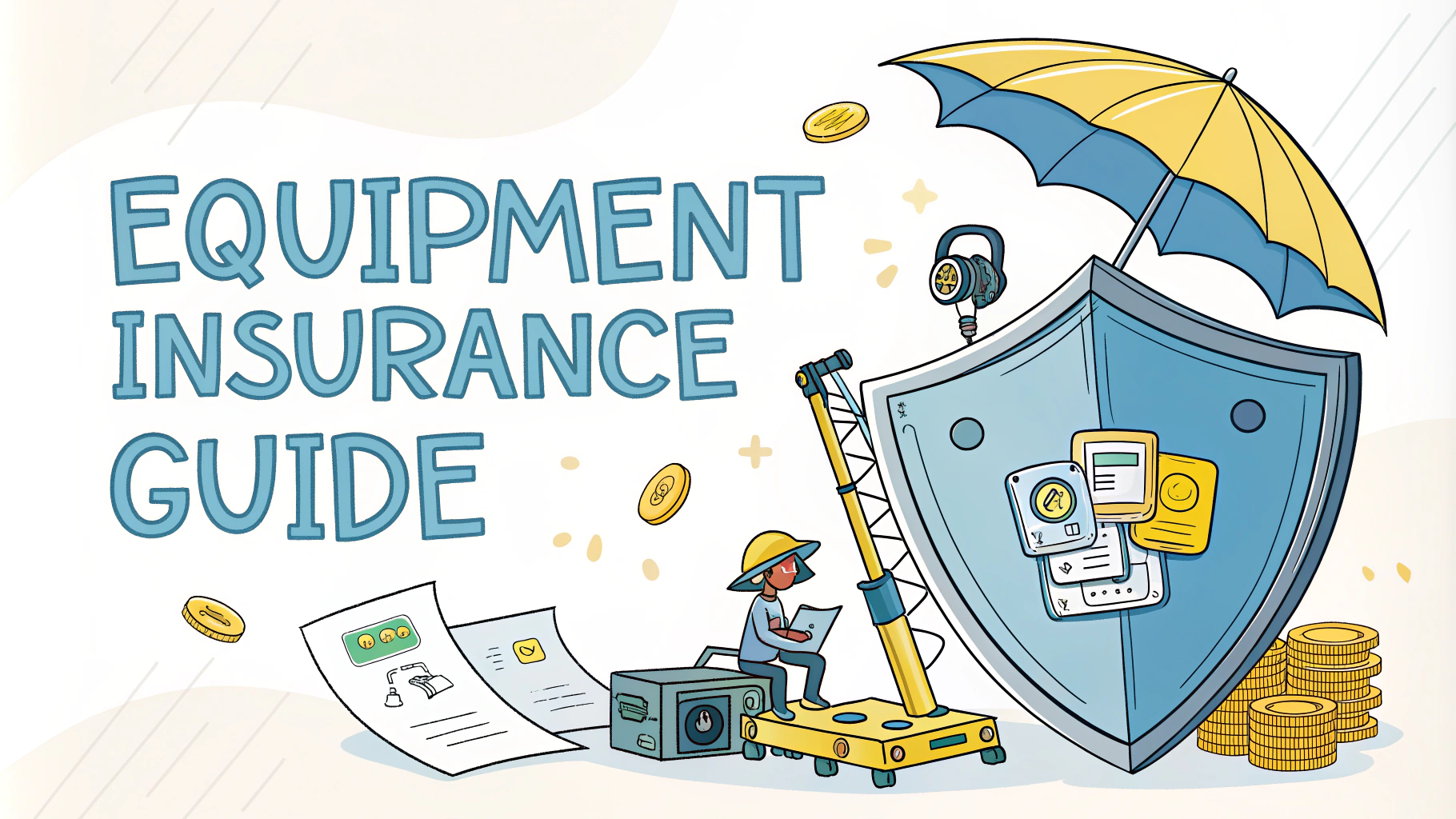Social listening for podcasts helps creators and marketers understand audience sentiment, track competitor performance, and identify emerging trends in the audio space.
Effective monitoring of social conversations about your podcast can reveal valuable insights about listener preferences, content gaps, and potential collaboration opportunities.
This guide explores proven techniques to leverage social listening tools and strategies specifically for podcast growth and audience engagement.
Setting Up Your Social Listening Framework
- Track your podcast name, episode titles, and host names
- Monitor relevant hashtags (#podcastname, #podcasting, #[your niche])
- Follow competitor podcasts and industry influencers
- Set up alerts for key topics in your podcast niche
Recommended Social Listening Tools
| Tool | Best For | Price Range |
|---|---|---|
| Brandwatch | Enterprise podcast networks | $800+/month |
| Mention | Independent podcasters | $25-99/month |
| Hootsuite | Basic monitoring | $49-599/month |
| TweetDeck | Twitter-specific monitoring | Free |
Analyzing Listener Feedback
Focus on comments and discussions across platforms like Apple Podcasts, Spotify, Twitter, Reddit, and Facebook groups.
- Track sentiment trends over time
- Identify common questions or concerns
- Note frequently requested topics
- Monitor engagement patterns by episode type
Competitor Analysis Strategies
Research similar podcasts in your niche to identify content gaps and opportunities.
- Track competitor episode topics and formats
- Monitor guest appearances and collaborations
- Analyze audience response to different content types
- Note promotional strategies that generate engagement
Content Planning Based on Social Insights
- Create episode topics based on trending discussions
- Address common listener questions in dedicated segments
- Plan guest appearances based on audience interest
- Develop content series around popular themes
Engagement Response Strategy
Develop a system for responding to listener feedback and mentions:
- Reply to comments within 24 hours
- Address constructive criticism professionally
- Share and celebrate positive feedback
- Create dedicated Q&A episodes based on listener questions
Measuring Social Listening Success
- Track mention volume and sentiment changes
- Monitor download growth after implementing feedback
- Measure engagement rates on social platforms
- Compare performance against competitor benchmarks
Taking Action on Social Insights
Transform your podcast strategy with these actionable steps:
- Schedule weekly social listening reviews
- Create a feedback implementation timeline
- Document successful content adjustments
- Build a responsive community management system
- Regular reporting on listener sentiment trends
Integration with Marketing Strategy
- Align social listening insights with broader marketing goals
- Use data to inform ad placement and sponsorship decisions
- Develop targeted promotional campaigns based on listener demographics
- Create custom content for different social platforms
Automation and Workflow Optimization
- Set up automated alerts for brand mentions
- Create response templates for common interactions
- Establish team workflows for insight sharing
- Schedule regular reporting and analysis sessions
Advanced Social Listening Techniques
Sentiment Analysis
- Use AI-powered tools to analyze emotional responses
- Track sentiment changes across episodes
- Identify triggers for positive and negative feedback
- Monitor impact of content changes on audience sentiment
Competitive Intelligence
- Create competitor benchmarking reports
- Identify market gaps and opportunities
- Track industry trends and shifts
- Monitor competitor content strategies
Building Long-Term Success Through Listener Insights
- Maintain consistent monitoring and analysis
- Develop data-driven content strategies
- Build stronger audience relationships through active listening
- Create scalable systems for growth
- Stay ahead of industry trends and audience preferences
FAQs
- What exactly is social listening for podcasts?
A systematic process of monitoring and analyzing conversations, mentions, and feedback about your podcast across various digital platforms, including social media, review sites, and forums. - Which tools are most effective for podcast social listening?
Popular tools include Brandwatch, Mention, Hootsuite, TalkWalker, and Buffer, which can track mentions, hashtags, and conversations about your podcast across multiple platforms. - How can social listening improve my podcast content?
Social listening helps identify trending topics, audience pain points, content gaps, and listener preferences, enabling you to create more targeted and engaging episodes. - What metrics should I track when conducting social listening for my podcast?
Key metrics include sentiment analysis, engagement rates, share of voice, mention volume, audience demographics, and trending topics related to your podcast niche. - How often should I conduct social listening for my podcast?
Social listening should be continuous, with daily monitoring of mentions and weekly or monthly analysis of broader trends and patterns. - Can social listening help grow my podcast audience?
Yes, by identifying potential collaboration opportunities, understanding audience behavior, tracking competitor strategies, and discovering new distribution channels. - What are the common mistakes in podcast social listening?
Common mistakes include focusing only on direct mentions, ignoring negative feedback, not tracking competitors, and failing to act on insights gathered. - How can I use social listening to engage with my podcast community?
Monitor conversations to identify engagement opportunities, respond to feedback promptly, participate in relevant discussions, and create content that addresses listener questions and concerns. - What role does sentiment analysis play in podcast social listening?
Sentiment analysis helps understand emotional responses to your content, identify potential issues, and measure overall audience satisfaction and engagement. - How can social listening inform my podcast marketing strategy?
It helps identify effective promotional channels, optimal posting times, influential listeners, and content types that resonate with your target audience.

